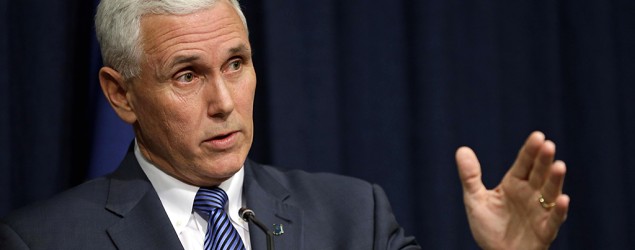- Joined
- May 6, 2013
- Messages
- 66,838
- Reaction score
- 58,994
- Gender
- Undisclosed
- Political Leaning
- Liberal
Do you mean LYNDON Johnson?
Lyndon Baines Johnson 1963... "These Negroes, they're getting pretty uppity these days and that's a problem for us since they've got something now they never had before, the political pull to back up their uppityness. Now we've got to do something about this, we've got to give them a little something, just enough to quiet them down, not enough to make a difference... I'll have them niggers voting Democratic for the next two hundred years"
"Lone Star Rising: Lyndon Johnson and His Times, 1908-1960" LBJ "Son, when I appoint a niggerr to the court, I want everyone to know he's a nigger."
THAT Lyndon Johnson?
Difference between supporting civil rights and using them to get votes.
It'd be more impressive if you could find a US federal politician from then that never said 'nigger'. And, yeah, in the context of the times, Johnson was liberal. Loud and abrasive, but still liberal.


